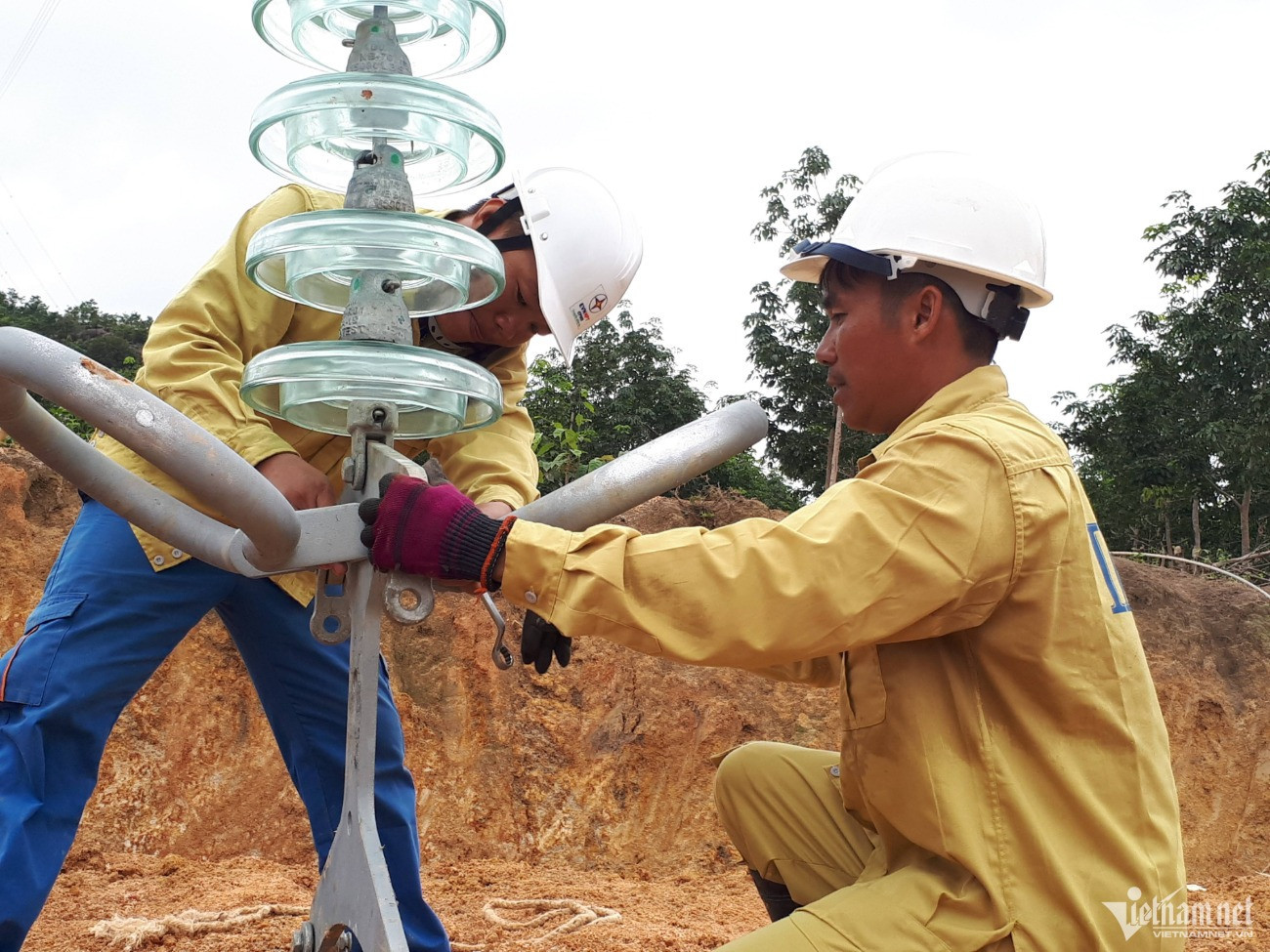
An EVN recent report showed that EVN Holding company, power companies and the National Power Transmission Corporation (EVNNPT) took an estimated loss of VND28.876 trillion in 2022, and EVN might have incurred even a bigger loss if it had not implemented drastic measures to cut input costs and optimized the operation of the electricity system.
The big loss in 2022 is attributed to the sharp rise in input costs (coal, gas and oil prices) and increased expenses on electricity purchases when power plants joined the electricity market.
The year 2022 witnessed a six-fold increase in coal compared with early 2021 and three-fold increase compared with early 2022.
The cost of electricity production from imported coal also increased to VND3,500-4,000 per kwh. Meanwhile, the average retail electricity price was just VND1,864 per kwh.
As a result, EVN had a year with record-high losses.
A source told VietNamNet that EVN fears the financial situation in 2023 will be even gloomier. EVN Holding company, power companies and EVNNPT may take a loss of VND64.941 trillion, if the retail electricity prices remain unchanged.
EVN has estimated that it would take a loss of VND44.099 trillion in H1 and VND20.842 trillion in H2.
So, if counting the loss in 2022 (VND28.876 trillion), the accumulated loss in 2022 and 2023 may amount to VND93 trillion.
An expert has warned that if the situation does not improve, EVN will face risks and may run out of money and not be able to pay electricity generators.
“If this happens, electricity supply for socio-economic development will be seriously affected. If so, it will be not only EVN which has to take responsibility for this,” he warned.
Another problem that could arise in this case is that credit institutions will not approve loans to EVN, which has a bad financial situation, or EVN will have to pay higher interest rates for loans due to higher risks.
In 2022, EVN repeatedly asked the Ministry of Industry and Trade (MOIT) to approve a plan to adjust retail electricity prices. However, a plan has not been approved.
EVN has also asked to apply the market mechanism for electricity production and distribution activities, which allows timely adjustment of electricity prices when input costs fluctuate.
Nguyen Hoang Anh, chair of the State Capital Management Committee (SCMC), said the agency has released many documents instructing and urging EVN to update figures and recommend many measures.
“The core solution for long term is raising electricity prices to ensure EVN’s financial balancing for coming years,” Anh said.